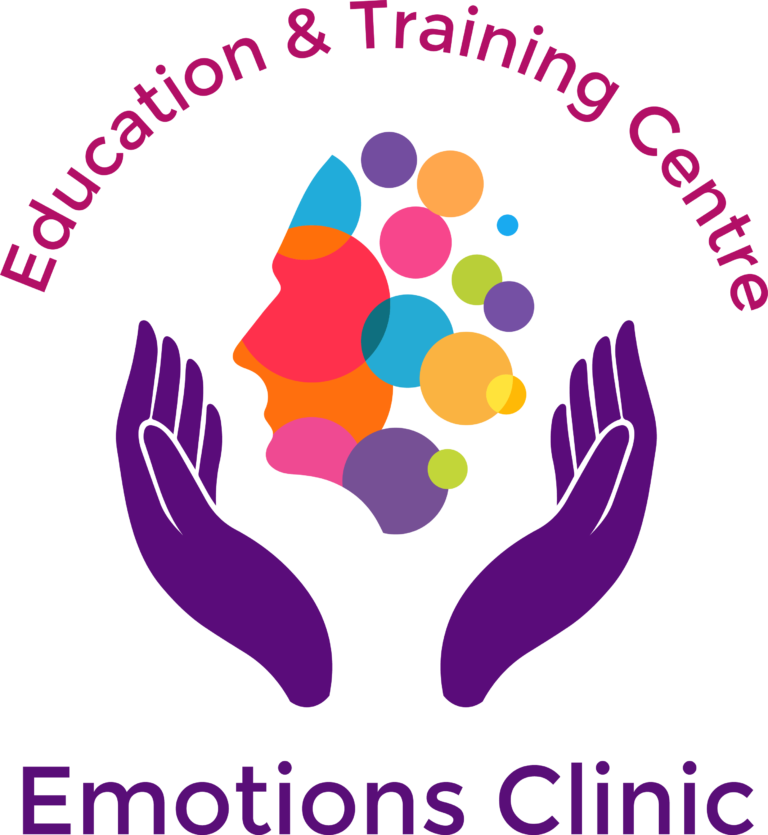Propranolol
Propranolol: Uses, Benefits, and Safety for Human Health
Propranolol is a widely used medication that belongs to a class of drugs called beta-blockers. It is commonly prescribed to treat various heart and circulatory conditions, but it is also effective for anxiety, migraines, and other off-label uses. Propranolol works by blocking the action of certain natural chemicals in the body, such as adrenaline, which helps reduce heart rate, blood pressure, and strain on the heart.
🫀 Main Medical Uses of Propranolol
High Blood Pressure (Hypertension)
Propranolol helps lower blood pressure by relaxing blood vessels and reducing the workload on the heart. This can lower the risk of stroke, heart attacks, and kidney problems.Heart Rhythm Disorders (Arrhythmias)
It is often prescribed to regulate abnormal heart rhythms by slowing down the electrical impulses in the heart, keeping the heartbeat steady.Angina (Chest Pain)
By reducing the oxygen demand of the heart, propranolol helps to prevent or lessen episodes of chest pain caused by reduced blood flow to the heart.Migraine Prevention
Propranolol is not a pain reliever, but it is used to prevent frequent migraines by stabilizing blood vessels in the brain and reducing stress on the nervous system.Essential Tremors
People with involuntary shaking, especially in the hands, can benefit from propranolol’s muscle-relaxing and nerve-calming effects.Anxiety (Especially Performance Anxiety)
Propranolol is sometimes used off-label to treat physical symptoms of anxiety, such as rapid heartbeat, sweating, and shaking—especially in situations like public speaking.
🧠 How Propranolol Works
Propranolol blocks beta-adrenergic receptors in the heart and other areas of the body. These receptors respond to adrenaline and other stress hormones. By blocking them, propranolol slows the heart rate, reduces blood pressure, and limits how hard the heart has to work. This has a calming effect on the cardiovascular system and can reduce symptoms of anxiety and stress-related reactions.
⚠️ Side Effects and Precautions
Common side effects of propranolol include:
Fatigue or tiredness
Dizziness or light-headedness
Cold hands and feet
Slower heart rate
Nausea or stomach upset
In some cases, propranolol may cause shortness of breath, depression, or low blood sugar (especially in people with diabetes). It’s important to monitor for any unusual symptoms.
❗ When to Use Caution
Asthma or breathing problems: Propranolol can constrict airways, so it is usually avoided in people with asthma.
Diabetes: It can mask signs of low blood sugar (like rapid heartbeat).
Depression: Some people may feel emotionally “flat” or low while taking propranolol.
It’s important not to stop taking propranolol suddenly, as this can cause a dangerous spike in blood pressure or heart issues. Always taper off under medical supervision.

Nature Consultancy Limited is regulated by CQC to provide care at Emotions Clinic
Phone : +44(0)1782 768656
Email : ad***@****************co.uk
Quick Links
Information
Head Office Address
Lumbung Hidup St 425 East Java Madiun City Block ABC 123
Days Open
Monday - Friday 08 AM - 10 PM

